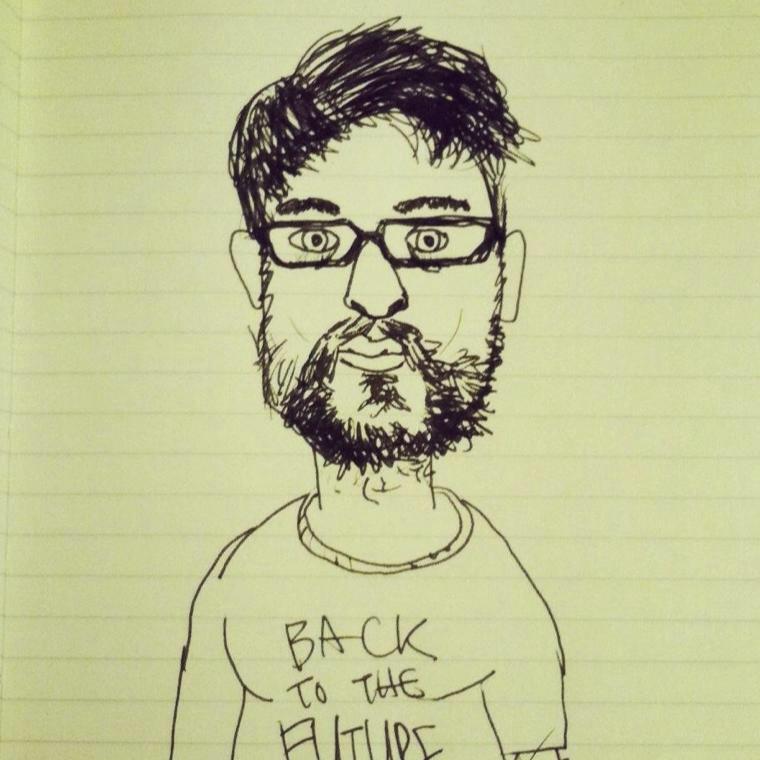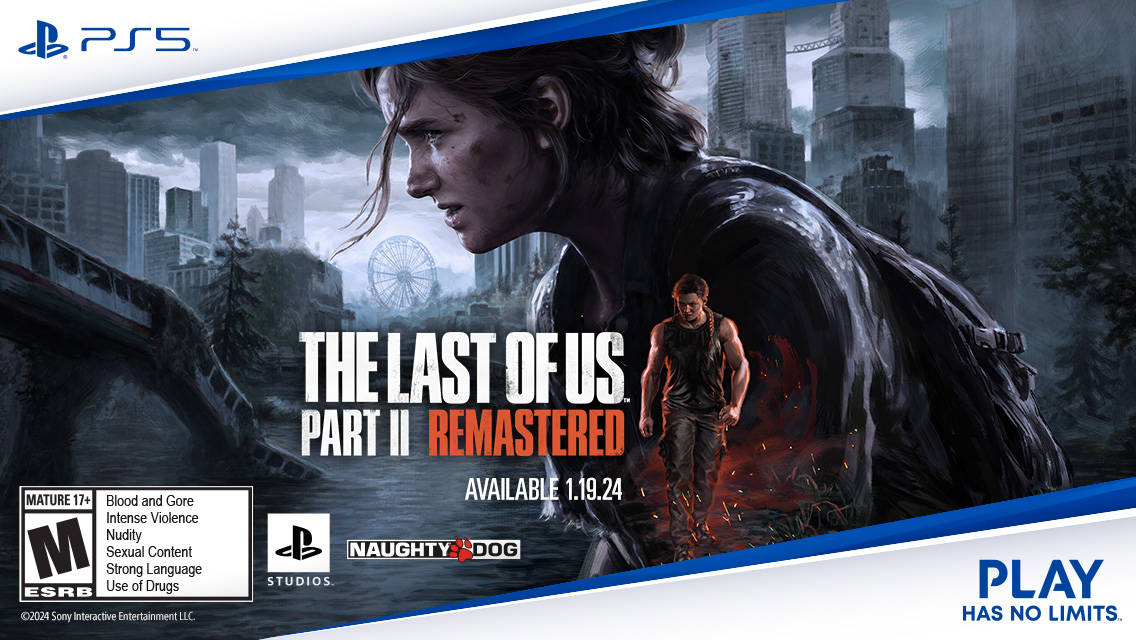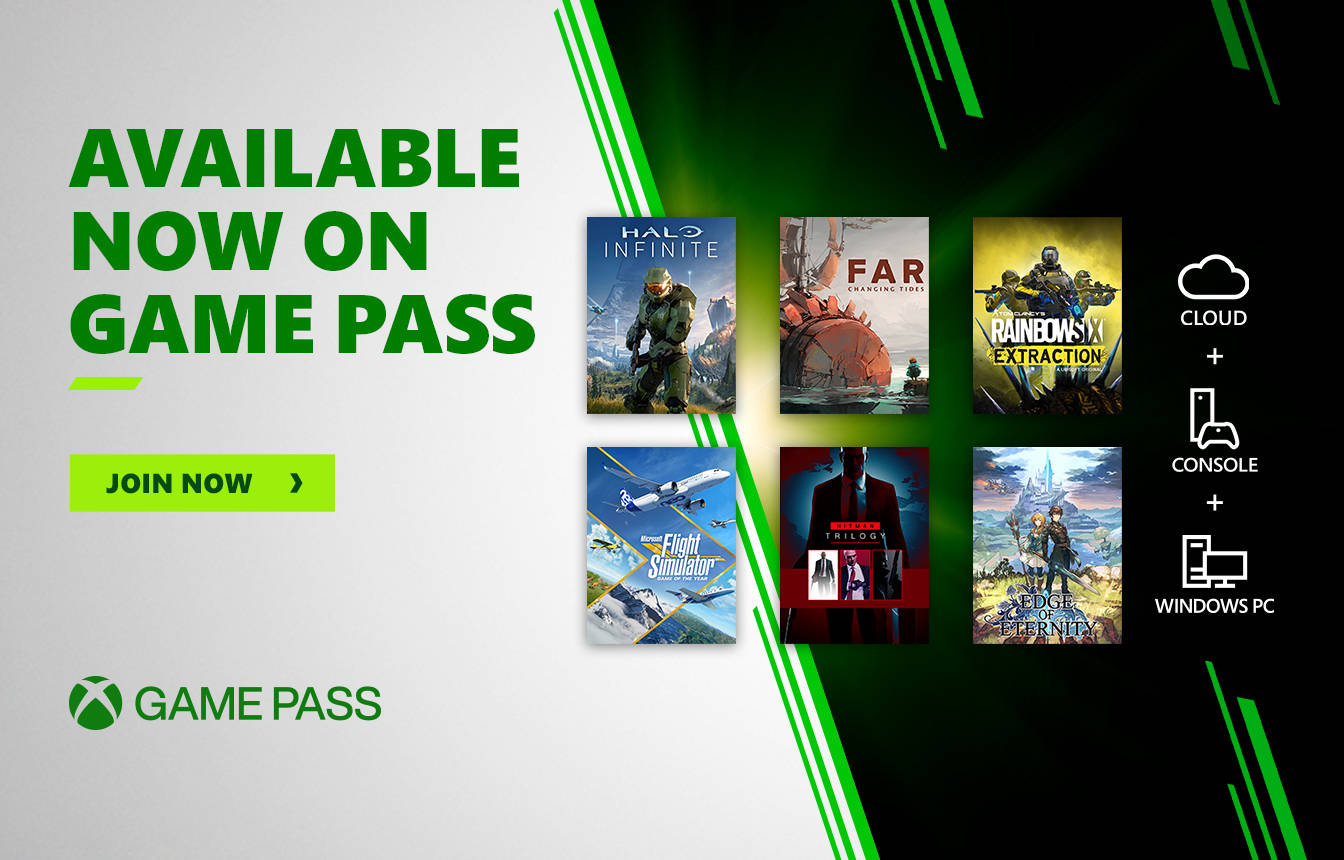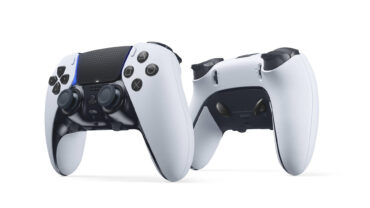FIFA 17 was, by many accounts (including ours), a huge leap forward for the series. Not only did it introduce a new story mode, The Journey, but it was also the first game in the series to utilize the Frostbite Engine. However, the biggest change was to the gameplay, which saw a huge buff in terms of physicality, ball handling, and overall precision and options.
Fortunately, FIFA 18 maintains all the revolutionary additions to the series that were introduced in FIFA 17, including a continuation of Alex Hunter’s Journey. Unfortunately, given that this is an annual series, not every edition can see as big an improvement as last year’s iteration, and FIFA 18 suffers a bit in comparison.
I will say this right away: if you’re a soccer fan and for some reason you skipped last year’s FIFA, this year’s game is well worth picking up. Heck, you don’t even need to be a soccer fan to enjoy FIFA 18—it’s a solid, fun game for anyone, really. Smaller tweaks, like improved ball-handler animations (which make timing passes, skill moves, and tackles that much more realistic) and quicker gameplay, put this year’s FIFA above last year’s. The addition of Squad Battles to Ultimate Team—in which you can take one of your squads up against another player’s squad in a single-player match to place on the leaderboards, sort of like trainer battles in Pokemon Go—give players who’d rather compete against a CPU opponent something to do and a way to get involved online. More interactive crowds and all-in-all improved lighting means the stadiums are as immersive as ever. These improvements, while small on an individual level, certainly means this year’s FIFA plays better than last year’s.
Unfortunately, that’s where the improvements seem to end. It’s not like anything has gotten worse over last year, but you’d think, with such a strong gameplay foundation from last year, that the team at EA Sports would have taken more to smooth out the wrinkles, but there are still so many weird, tiny miscalculations in the player animations and even in the announcer dialogue that, maybe because the rest is so good, the smaller things really stick out.
Take, for instance, the goalkeeper animations, which are laughably stilted and unnatural at times. This is especially apparent in instant replays of amazing saves, where you get a close-up, slow-motion view the goalkeeper’s angular elbows and almost instantaneous leap for the ball. A few more frames of animation would have really helped in those cases, but for as good as the animation looks from the faraway default camera setting when the game is running at normal speed, it looks way worse when you get in close and slow down the action. The same can be said for players taking shots, for that matter.
Another of this kind of weird, unnatural instances occur during goal celebrations. Most of the time, you can interpret what the developers and animators are going for, but it often looks more like uncanny digital puppets not quite reaching far enough to pat the goal-scorer on the back. The occasional player clipping through another player doesn’t help in these instances, either.
Then there are the announcers, Martin Tyler and Alan Smith, whose delivery is phenomenal, but whose scripting needs a little work. They don’t repeat themselves as often in the other modes, but while playing through “The Journey,” I must have heard them deliver the same lines dozens and dozens of times. This is especially true when the protagonist, Alex Hunter, changes to a particular club (I’ll try not to ruin anything here), and Tyler and Smith must have mentioned a celebrity player from that club at the beginning of almost every match. Another small, but equally annoying oversight, is that periodically during matches Hunter is called over to the sideline by his coach. Here, the player is briefed on the game’s goals (i.e. mini-objectives that will help your approval rating with the team), but every time Hunter was called over, Tyler insisted that he was being subbed out of the game, which was clearly not the case.
These sort of small details mostly stand out because the rest of the presentation is so spot-on. Like our reviewer last year, I found myself watching many of the opening scenes and replays, even when I was the one letting up a goal. The presentation is top-notch, but this leads to the tiny mistakes standing out like a pimple on the Mona Lisa.
Likewise, while “The Journey: Hunter Returns” is as solid as last year’s campaign, with some incremental improvements and additions, I feel like they could have done more than just send Alex to more clubs than last year. Following Alex Hunter’s storied debut on the pitch, the question on everyone’s mind, including Alex’s, is if he’s got enough talent to be more than a one-hit wonder. While it doesn’t make for as compelling a story as last year’s Journey, it is more dramatic, as the stakes for Alex are higher than ever now that he has something to lose.
The best part about last year’s story is that it made you want to excel as Alex on the pitch because you wanted to see his success off the pitch, and this year’s iteration is no different. I felt responsible for Alex’s successes, and the rare occasions when I was given a story-altering decision to make during a cutscene, those decisions carried extra weight because I’d worked so hard (as Alex) to get to that point and there was so much to lose.
There are some truly compelling moments in this year’s “Journey,” especially one decision that you have to make early on, not to mention a surprisingly touching storyline involving Alex’s family. But the drama, especially later in the story, seems to peter out in favor of focusing on how many cups your teams can win. There are a couple of incidental detours that will put you in another character’s soccer cleats (or football boots, as the Europeans might say), and while these moments are infused with drama, they don’t necessarily carry the weight of all the time and history you’ve spent with Alex up to that point.
Then, near the end of the story, you’re given a strike partner and, along with them, a new rating to worry about. Whereas I played most of the story as the entire team, this last bit pretty much forced me to play as only Alex so that I could set up plays effectively enough to achieve a maximum partner rating. This is because, whenever I was controlling the entire team, it seemed like either Alex or my strike partner would forget how to get in a position to create plays, causing me to give away possession way too often because I was forcing plays that just weren’t working for the sake of getting an assist on a goal with my strike partner. When I switched to playing as just Alex, however, I was able to navigate the pitch off-ball and get into good striking positions before calling for a pass. It wasn’t my preferred way to play, but it seemed like the only way to make anything happen while I was preoccupied with yet another arbitrary rating system.
Once I figured out how to work with my strike partner, the gameplay was satisfying, but the whole saga of the strike partner, where your club asks you to choose who you want to play for and then determines your fate based on how well you play together, would be interesting as a B-plot in Alex’s overall story. However, this ends up being the main narrative force throughout the last part of the game, replacing the compelling personal decisions that you’re making for Alex in the story’s earlier chapters with terse, poorly acted scenes between Alex and one of three professional soccer players. While actors might be able to pretend to be soccer players, soccer players are not very good at pretending to be actors, and because of this, the drama between Alex and a strike partner who aren’t completely connecting seems forced.
Again, this is another instance of parts of FIFA 18 being so good that the parts of it that aren’t so good truly stand out. The high quality early parts of Alex’s story were what drove me to the ending, which was even more anticlimactic than last year but still serves to set up “The Journey: Part III: Hunter Returns Again.” And while you will get a decent amount of gameplay from the story mode, maybe more than most non-sports sim games—it took me around 15 hours to complete—by the end of it, I was definitely ready to move on from Alex Hunter.
Luckily, there’s still plenty to do when you complete “The Journey.” Career modes as both individual players and club managers are still there, as is online play. FIFA Ultimate Team has plenty of features for single- and multiplayer matches, with a whole slew of objectives to complete. Then, of course, there’s standard online multiplayer.
One thing that I immediately noticed about standard, non-Ultimate Team online multiplayer was that, if you want to play as any club other than Real Madrid, PSG, or Arsenal, you’re pretty much screwed. There’s an option to restrict your matchmaking to players who are playing as similarly rated clubs, but you’ll have a much harder time finding a match with these settings activated. That means that Columbus Crew fans will be out of luck, unless you want to go up against a much, much higher-rated FC Barcelona. That could change as more players come online, but for now you can forget playing as a lower-ranked but personal favorite, unless you want to get absolutely crushed.
After you select your team out of the handful of five-star teams in the game, finding a match doesn’t take long, but when you’re actually playing, the frame-rate can become so choppy at times that it’s almost impossible to play. This is frustrating for any sports game, but it’s especially frustrating with a game like FIFA 18, where precision is everything. Of course, this could easily change, as while writing this review, there were only 2,000 or so players online. I imagine that, once the game is fully released, there will be many more, with a much better selection of players with good connections for the servers to choose. There’s enough to do on your own—what with the story mode, the career modes, and FIFA Ultimate Team—that those who want to altogether avoid online multiplayer can do so, but for those looking to match their skills against other players, expect a few hiccups in the game’s connection here and there.
This does, however, reflect the lack of polish that went into FIFA 18 and it further evidences that, if FIFA 17 was a labor of love, FIFA 18 feels like a more expected version of an entry in an annual sports series—still good, but more of the same.
|
★★★☆☆
FIFA 18 is a solid game, with everything that made FIFA 17 an instant classic, plus a deeper story mode and a few additional bells and whistles. But it’s not the huge step forward that FIFA 17 was, and it suffers from some areas lacking the polish that EA could have easily applied, considering that it did all the hard work of building a foundation for a killer soccer series last year. That said, if you’ve been waiting to get back into soccer sims, FIFA 18 is as good a place to start as any. |
Developer EA Canada Publisher EA Sports ESRB E - Everyone Release Date 09.29.17 |
| FIFA 18 is available on Xbox One, PlayStation 4, Nintendo Switch, PC, Xbox 360 and PlayStation 3. Primary version played was for Xbox One. Product was provided by EA Sports for the benefit of this coverage. EGM reviews on a scale of one to five stars. | |

Michael Goroff has written and edited for EGM since 2017. You can follow him on Twitter @gogogoroff.





